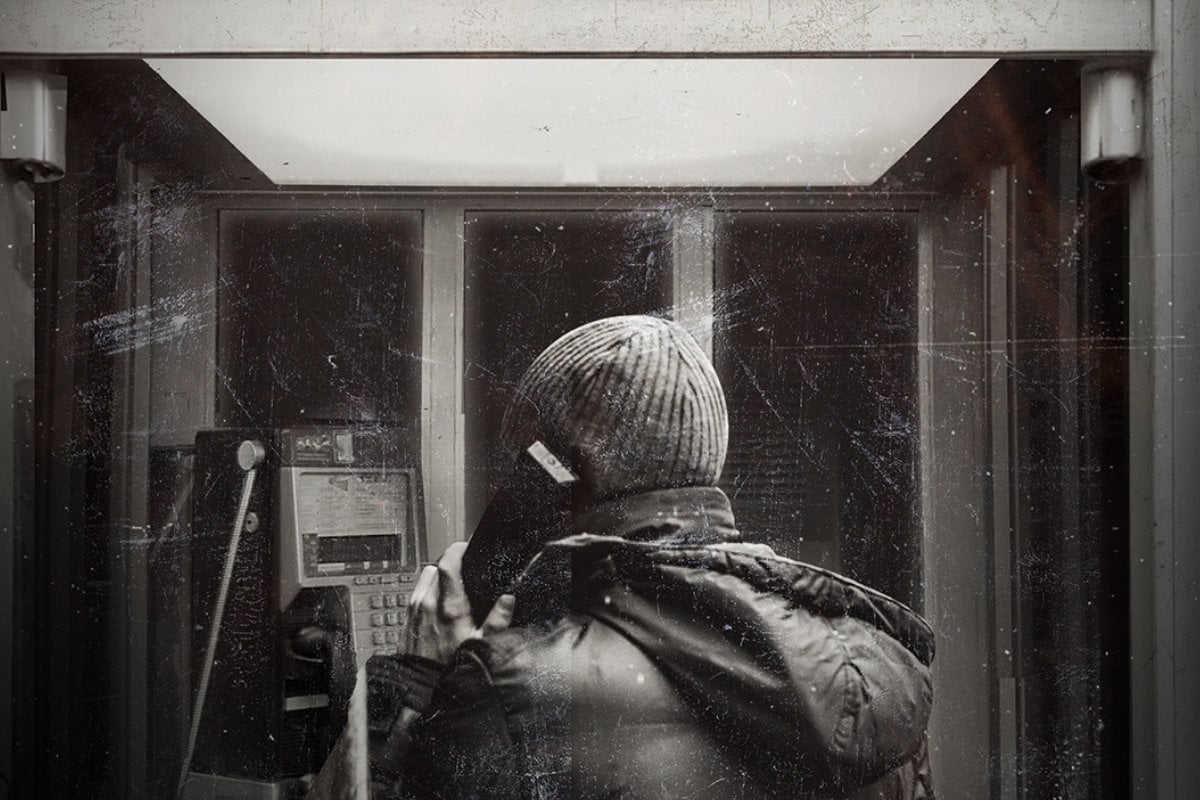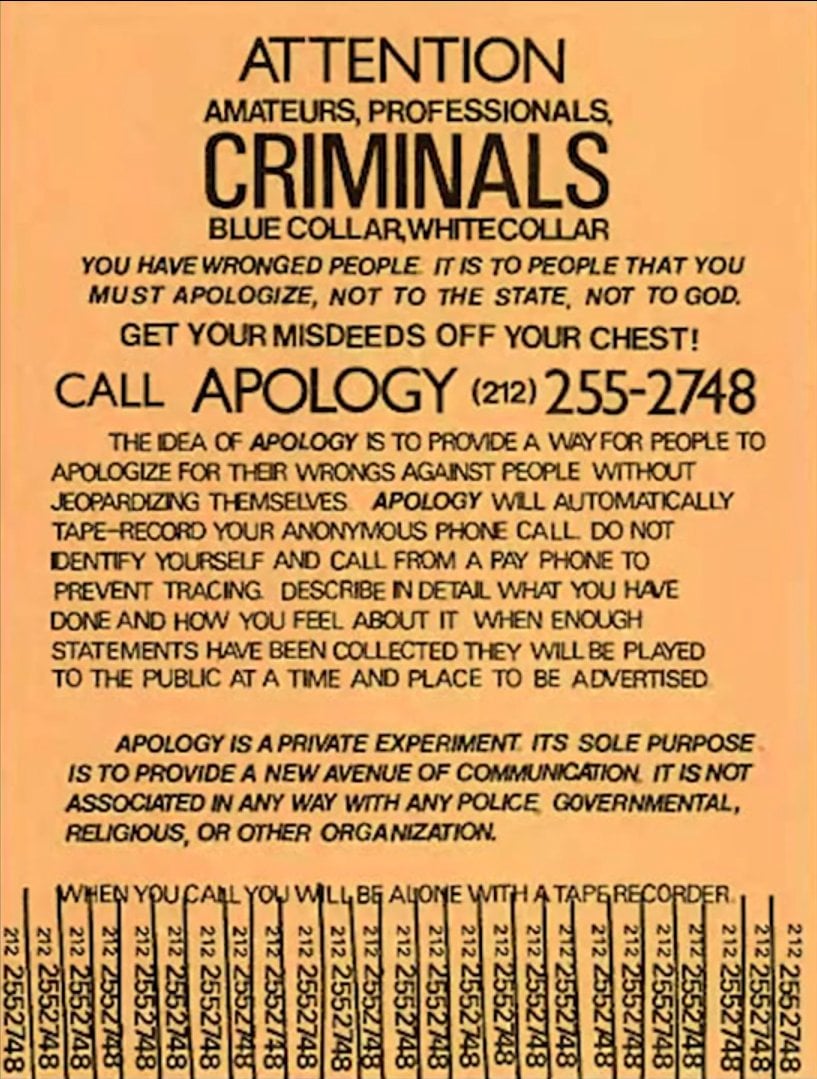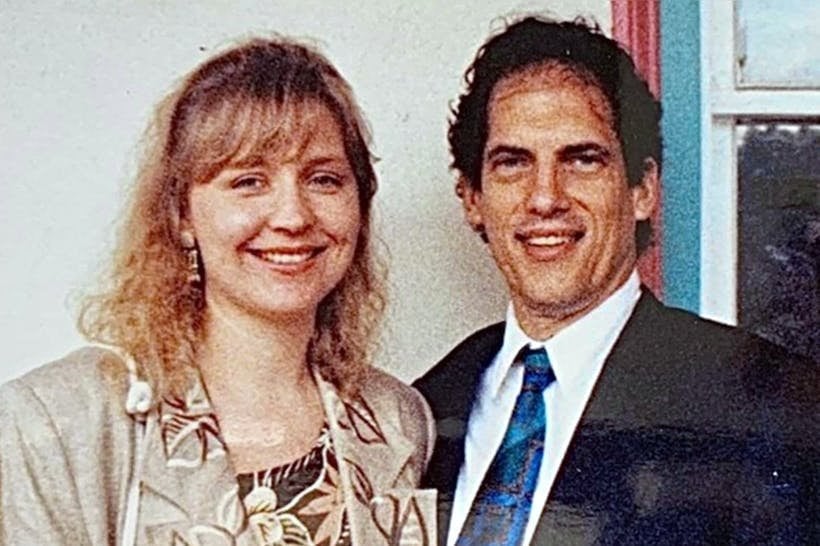
"Attention amateurs, professionals, criminals, blue collar, white collar. You have wronged people. It is to people you must apologise... Get your misdeeds off your chest! Call Apology."
So read the posters plastered across New York City in 1980.
It was the beginning of a bold social experiment created by local artist Allan Bridge using what was then new technology: the answering machine.
Thousands of people availed themselves of the opportunity to confess their transgressions, anonymously and without repercussions.
 The apology line poster. Image: Marissa Bridge.
The apology line poster. Image: Marissa Bridge.

